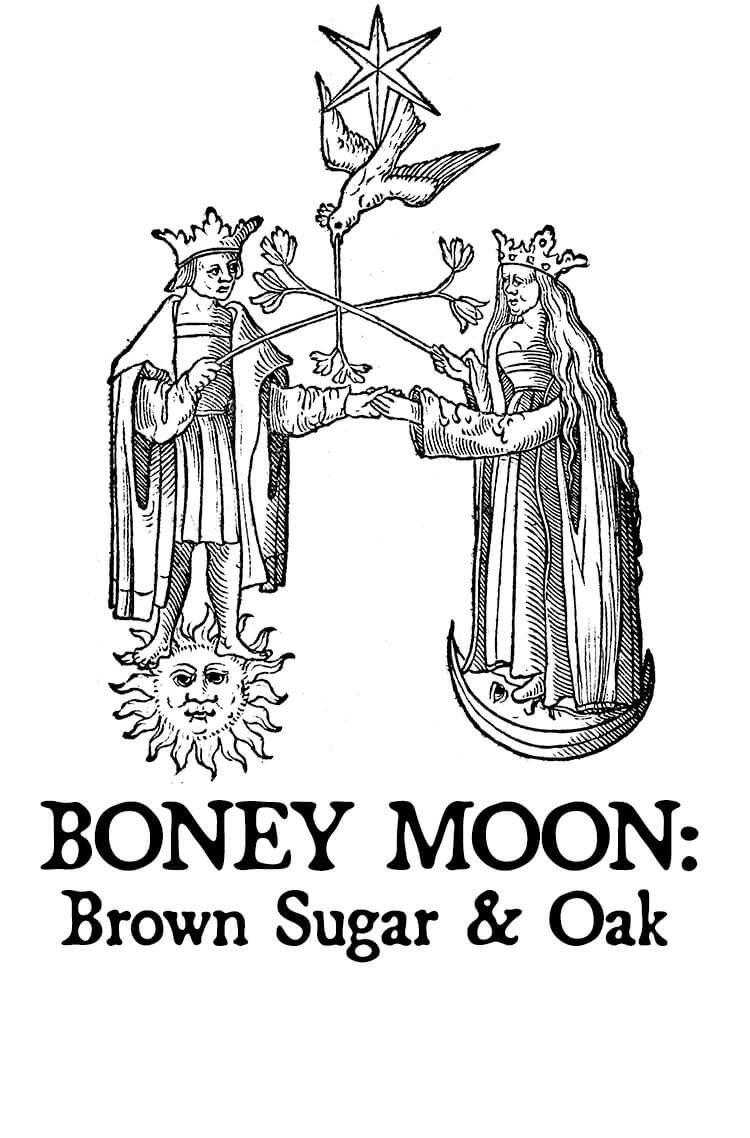Additional information
| Weight | 1 oz |
|---|
$29.00
Solid oak planks framing a shelter for saddle leather, dusty straw, alfalfa pellets, apple cores, and a flick of manure.
| Weight | 1 oz |
|---|
You must be logged in to post a review.
For the sake of continuity the subsequent history of the Fox sisters will now be given after the events at Hydesville. It is a remarkable, and to Spiritualists a painful, story, but it bears its own lesson and should be faithfully recorded. When men have an honest and whole-hearted aspiration for truth there is no development which can ever leave them abashed or find no place in their scheme.
For some years the two younger sisters, Kate and Margaret, gave séances at New York and other places, successfully meeting every test which was applied to them. Horace Greeley, afterwards a candidate for the United States presidency, was, as already shown, deeply interested in them and convinced of their entire honesty. He is said to have furnished the funds by which the younger girl completed her very imperfect education.
During these years of public mediumship, when the girls were all the rage among those who had no conception of the religious significance of this new revelation, and who concerned themselves with it purely in the hope of worldly advantage, the sisters exposed themselves to the enervating influences of promiscuous séances in a way which no earnest Spiritualist could justify. The dangers of such practices were not then so clearly realized as now, nor had it occurred to people that it is unlikely that high spirits would descend to earth in order to advise as to the state of railway stocks or the issue of love affairs. The ignorance was universal, and there was no wise mentor at the elbow of these poor pioneers to point the higher and the safer path. Worst of all, their jaded energies were renewed by the offer of wine at a time when one at least of them was hardly more than a child. It is said that there was some family predisposition towards alcoholism, but even without such a taint their whole procedure and mode of life were rash to the last degree. Against their moral character there has never been a breath of suspicion, but they had taken a road which leads to degeneration of mind and character, though it was many years before the more serious effects were manifest.
Some idea of the pressure upon the Fox girls at this time may be gathered from Mrs. Hardinge Britten’s* description from her own observation. She talks of “pausing on the first floor to hear poor patient Kate Fox, in the midst of a captious, grumbling crowd of investigators, repeating hour after hour the letters of the alphabet, while the no less poor, patient spirits rapped out names, ages and dates to suit all comers.” Can one wonder that the girls, with vitality sapped, the beautiful, watchful influence of the mother removed, and harassed by enemies, succumbed to a gradually increasing temptation in the direction of stimulants?
—Arthur Conan Doyle
Deception and despair: rose geranium and tea roses with mahogany wood, bourbon vanilla, and apple peel.
You whom Haggard holds in thrall,
Share his feast and share his fall.
You shall see your fortune flower
Till the torrent takes the tower.
Yet none but one of Hagsgate town
May bring the castle swirling down.
Beyond the town, darker than dark, King Haggard’s castle teetered like a lunatic on stilts, and beyond the castle the sea slid. Drinn stopped him as he raised his glass. “Not that toast, my friend. Will you drink to a woe fifty years old? It is that long since our sorrow fell, when King Haggard built his castle by the sea.”
“When the witch built it, I think.” Schmendrick wagged a finger at him. “Credit where it’s due, after all.”
“Ah, you know that story,” Drinn said. “Then you must also know that Haggard refused to pay the witch when her task was completed.”
The magician nodded. “Aye,” and she cursed him for his greed – cursed the castle, rather. “But what had that to do with Hagsgate? The town had done the witch no wrong.”
“No,” Drinn replied. “But neither had it done her any good. She could not unmake the castle – or would not, for she fancied herself an artistic sort and boasted that her work was years ahead of its time. Anyway, she came to the elders of Hagsgate and demanded that they force Haggard to pay what was due her. ‘Look at me and see yourselves,’ she rasped. ‘That’s the true test of a town, or of a king. A lord who cheats an ugly old witch will cheat his own folk by and by. Stop him while you can, before you grow used to him.’” Drinn sipped his wine and thoughtfully filled Schmendrick’s glass once more.
“Haggard paid her no money,” he went on, “and Hagsgate, alas, paid her no heed. She was treated politely and referred to the proper authorities, whereupon she flew into a fury and screamed that in our eagerness to make no enemies at all, we had now made two.” He paused, covering his eyes with lids so thin that Molly was sure he could see through them, like a bird. With his eyes closed, he said, “It was then that she cursed Haggard’s castle, and cursed our town as well. Thus his greed brought ruin upon us all.”
In the sighing silence, Molly Grue’s voice came down like a hammer on a horseshoe, as though she were again berating poor Captain Cully. “Haggard’s less at fault than you yourselves,” she mocked the folk of Hagsgate, “for he was only one thief, and you were many. You earned your trouble by your own avarice, not your king’s.”
Drinn opened his eyes and gave her an angry look. “We earned nothing,” he protested. “It was our parents and grandparents whom the witch asked for help, and I’ll grant you that they were as much to blame as Haggard, in their way. We would have handled the matter quite differently.” And every middle-aged face in the room scowled at every older face.
One of the old men spoke up in a voice that wheezed and miaowed. “You would have done just as we did. There were crops to harvest and stock to tend, as there still are. There was Haggard to live with, as there still is. We know very well how you would have behaved. You are our children.”
Weed-strewn oak, opoponax, wet stone, creaking redwood, and desolate olibanum.
“Rum punch is not improperly called Kill-Devil; for thousands lose their lives by its means. When newcomers use it to the least excess, they expose themselves to imminent peril, for it heats the blood and brings on fevers, which in a very few hours send them to their graves.”
Sugar cane, molasses, oak wood, and honey.


Reviews
There are no reviews yet.